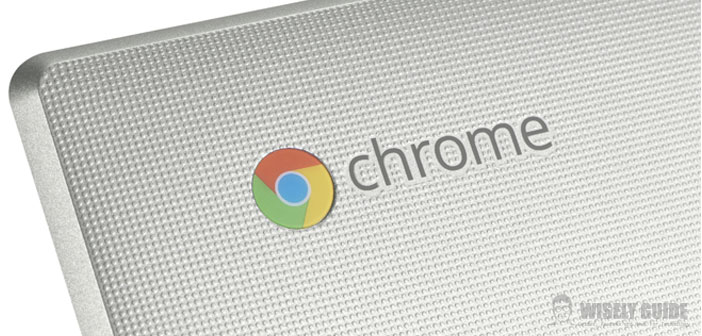It renews the family Toshiba Chromebook, which now earns a model with a higher resolution than the ” old ” model built around the philosophy of Google. Also presented a second model, which aims at the lowest price.
Toshiba renews its line of Chromebook at IFA in Berlin, pointing to the initialling of Chromebook 2, Two goals by the Japanese manufacturer: on the one hand offer a model with superior technical features compared to its predecessor, and on the other to make a second model which is positioned in the same price range of the ancestor, even with several improvements.
The two new Toshiba Chromebook 2 had in common the diagonal of 13.3-inch display, thanks to the reduction of the frame has been installed in a chassis typical of the models from about 12 inches. Both of the new born will also have Wi-Fi 802.11ac, 16GB of flash storage, a USB 2.0 port, one USB 3.0, HDMI output and an SD card reader.
Prices are in dollars and then explain why; the model from the superior technical characteristics boasts a panel resolution of 1920×1080 pixels IPS type and 4GB of RAM, a big step forward compared to the past, and will be sold at 330 USD. The renewal of the range has also affected the ” basic ” model: about $ 250 you can take home the TN version with 1366×768 pixel display and 2GB of RAM.
The processors are chosen Celeron family Bay Trail and offer two important benefits: the first is the low-power consumption, allowing the model base to reach 11.5 hours of battery life (9 hours for the full HD). The second benefit is the absence of a cooling system fan, being the consumption of these CPUs very reduced.

If you’re wondering, what kind of market may have these products, know that it is the same question that we asked our staff to Toshiba. Looking around, it is virtually impossible to see a Chromebook if not on the shelves.
The situation is precisely this, but is not so in the world. The leading market is the USA, where in June Chromebook 2 models (all brands) achieved the market share by as much as 10%, especially in the educational sector.
A project that takes off short, and of which you can see potential in the UK. There are many schools that have embraced the philosophy Chromebook, both for ease of use for both the very low cost, as well as the numerous management and administration tool available for free.


